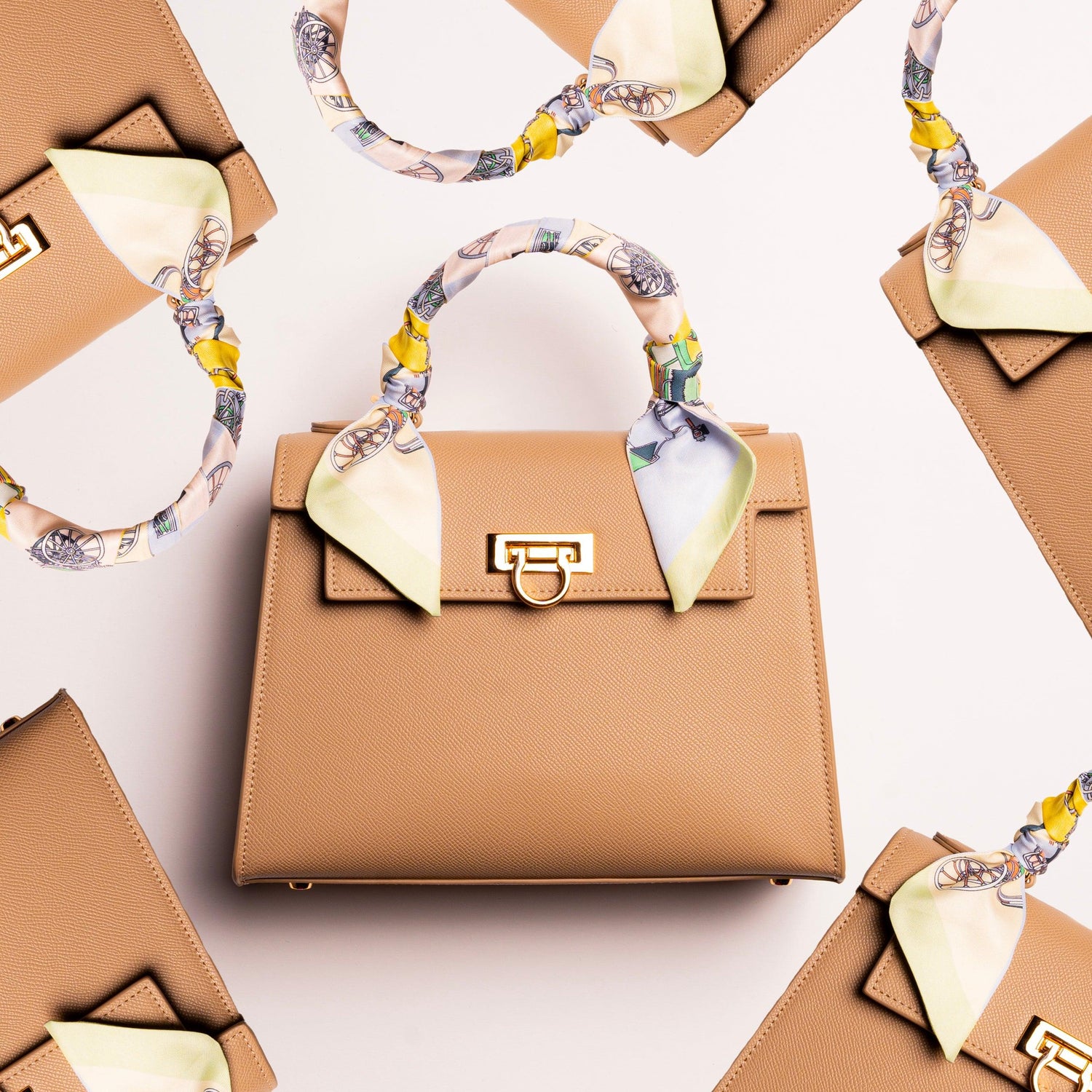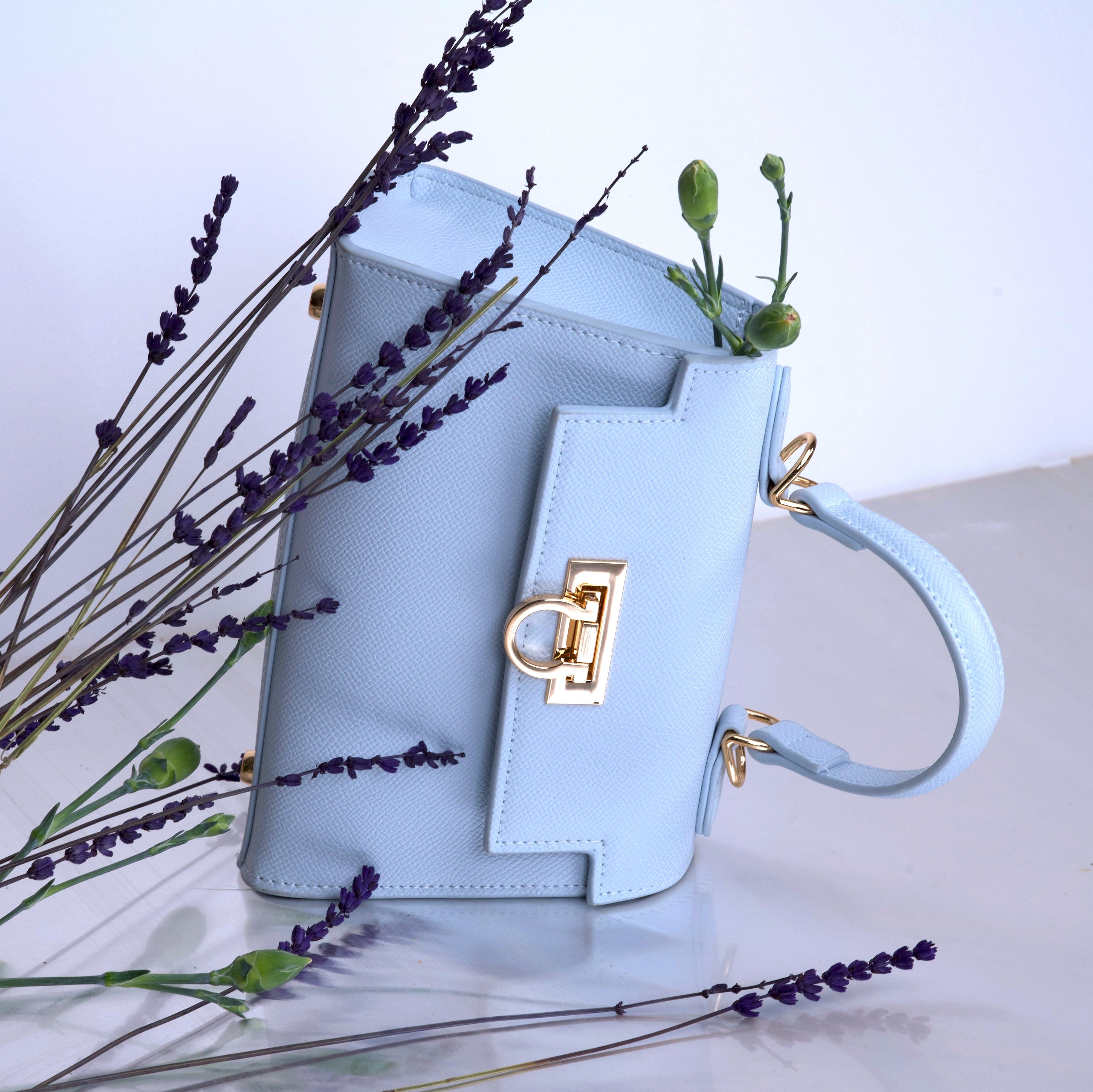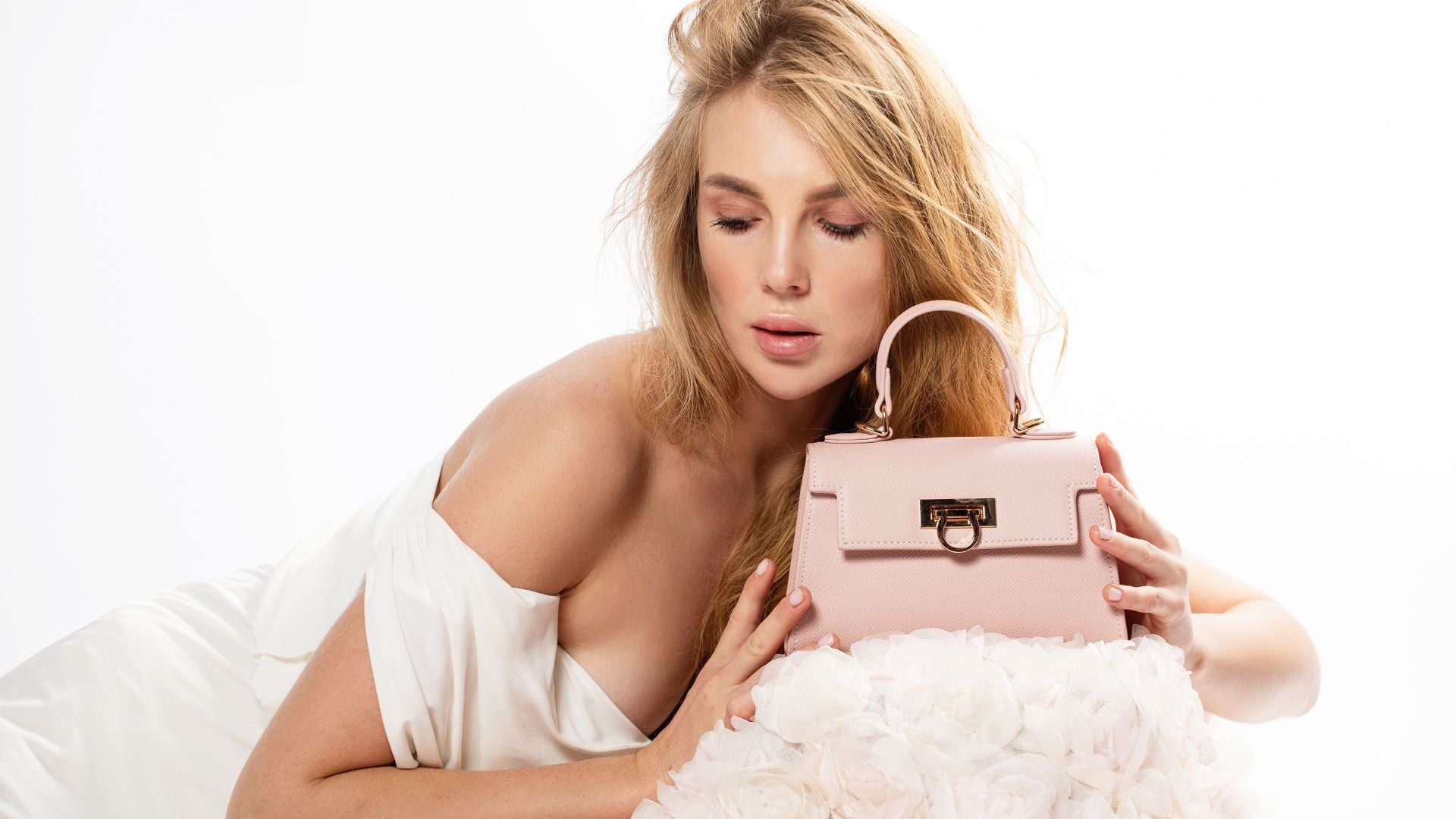In today's fast-paced world, the allure of instant gratification often overshadows the long-term consequences of our choices. This is especially evident in the fashion industry, where the rapid turnover of trends has given rise to the phenomenon of fast fashion. However, as we become more conscious of our environmental footprint and the ethical implications of our purchases, a counter-movement, known as slow fashion, is gaining traction.
Let's delve into the differences between these two approaches and understand why slow fashion is the future.
Understanding Slow Fashion Originated by sustainability advocate Kate Fletcher, slow fashion is a response to the wastefulness of its counterpart. It champions:
- Quality over Quantity: Prioritizing durable materials and craftsmanship ensures that each piece lasts longer, reducing the need for frequent replacements.
- Ethical Production: From fair wages to safe working conditions, slow fashion brands are committed to ethical practices throughout their supply chain.
- Eco-friendly Materials: Embracing organic, recycled, and repurposed materials, slow fashion reduces its environmental impact.
The Pitfalls of Fast Fashion While fast fashion offers the allure of trendy outfits and accessories at affordable prices, it comes with hidden costs:
- Environmental Degradation: The fast fashion industry is a major polluter, consuming vast amounts of water and emitting greenhouse gases.
- Exploitative Practices: Low prices often mean low wages and poor working conditions for factory workers in developing nations.
- Compromised Quality: The emphasis on speed over quality means these garments are often disposable after a few wears.
Making the Shift: Steps Towards Slow Fashion Transitioning to slow fashion doesn't require a complete wardrobe overhaul. Here are some steps to begin your journey:
- Embrace the Capsule Wardrobe: Focus on timeless pieces that can be mixed and matched, reducing the need for constant shopping.check out our Layla Bag collection.
- Educate Yourself: Before making a purchase, research the brand's sustainability and ethical practices.
- Recycle and Upcycle: Instead of discarding old clothes & accessories, consider donating, selling, or repurposing them.
- Support Sustainable Brands: Brands like Levantine.our collection designed carefully to meet every women style and made ethically and sustainably.
In Conclusion
The choice between slow fashion and fast fashion is more than just a style preference; it's a decision that impacts our planet, its inhabitants, and our future. By choosing slow fashion, we're not only making a statement about our personal values but also contributing to a more sustainable and ethical world.






